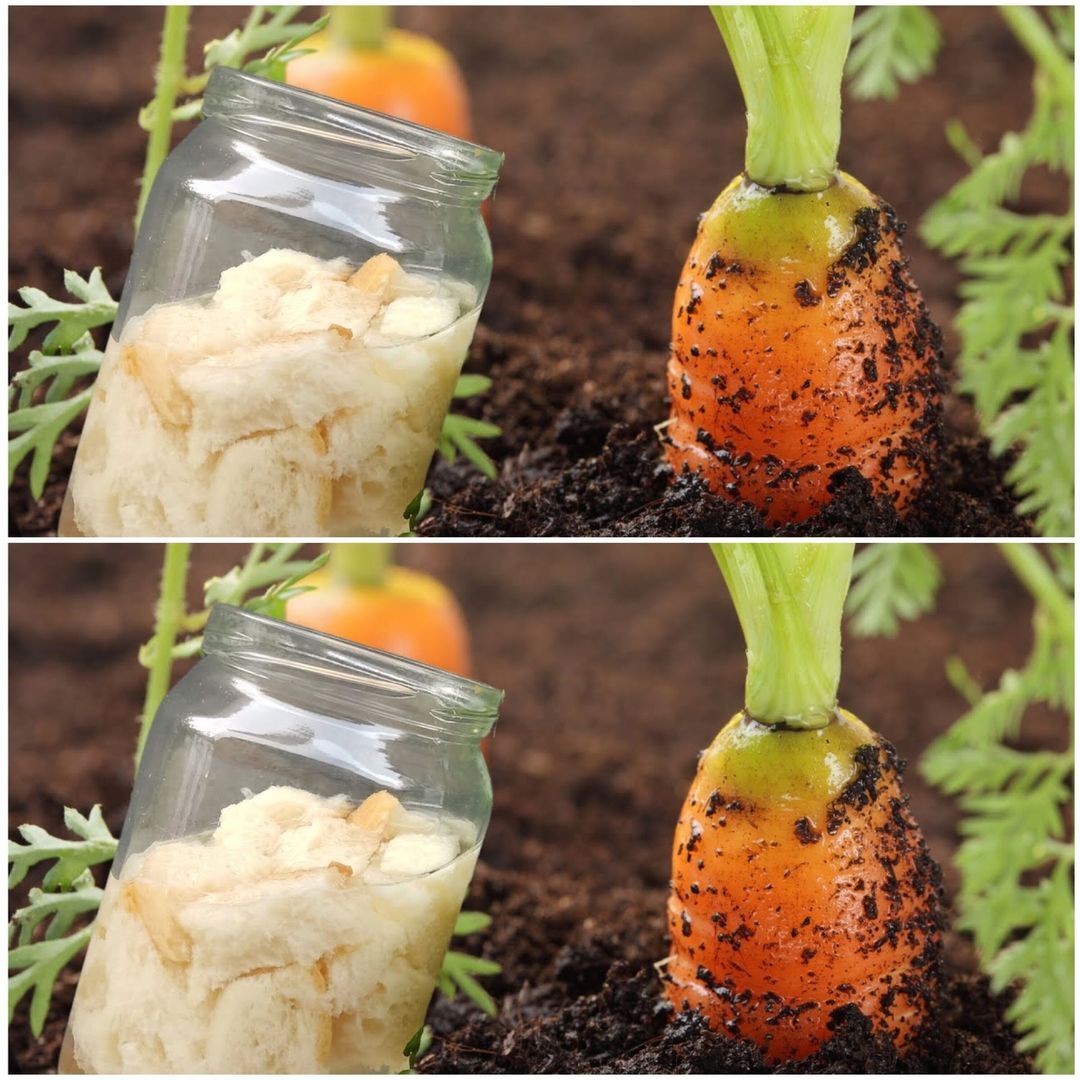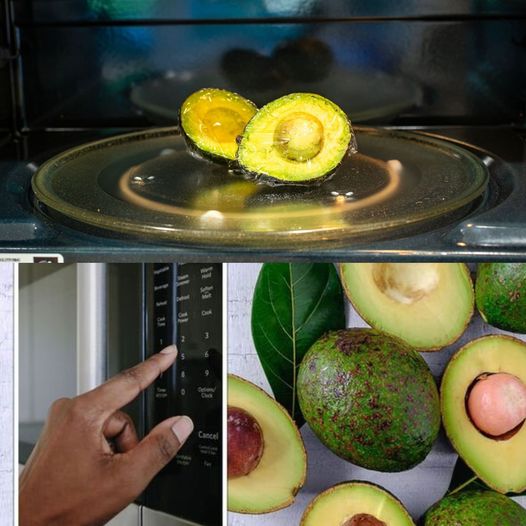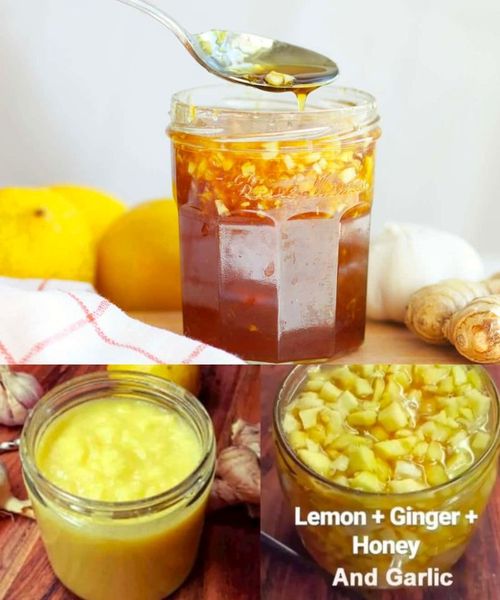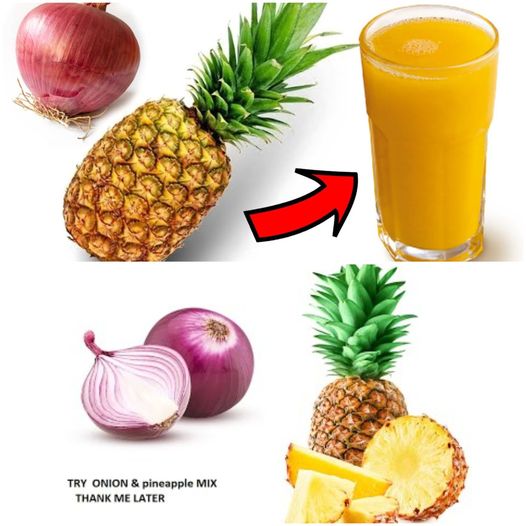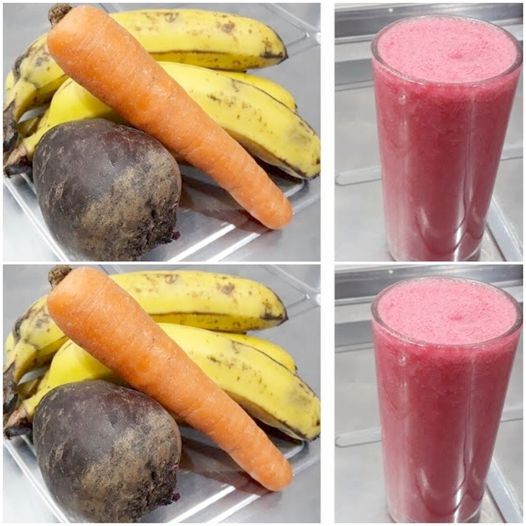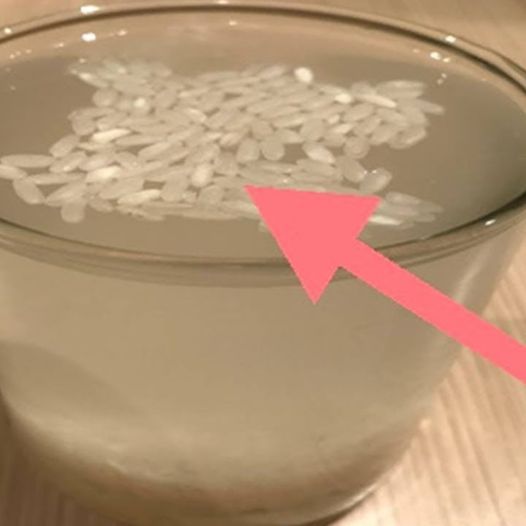Are you eager to enhance your garden’s growth without breaking the bank? Today, we’re diving into a simple yet effective method to create your own fertilizer using ingredients you might otherwise toss away. Whether you’re nurturing carrots, tomatoes, cucumbers, or a blooming bouquet of flowers, this homemade blend promises to nurture your plants from root to fruit.
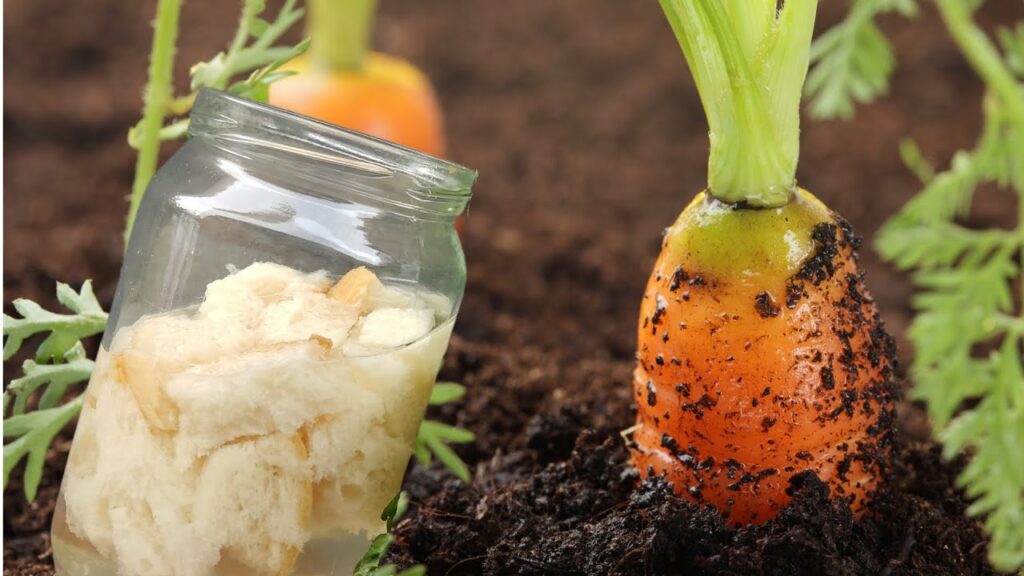
For those dedicated to organic gardening, finding natural solutions to support plant growth is paramount. After all, a robust root system lays the groundwork for sturdy, resilient plants that thrive throughout their lifecycle.
Let’s start with the star of our fertilizer: stale bread. Instead of discarding those leftover loaves, tear them into smaller pieces and place them in a jar. Surprisingly, farmers have observed that watering plants with a bread solution not only accelerates growth but also enhances flavor. This boost in growth can be attributed to the rich nutrients found in bread yeast, including proteins, B vitamins, and essential minerals. Furthermore, yeast encourages the proliferation of beneficial microorganisms in the soil, improving its structure and fertility.
To kickstart fermentation, fill the jar with water and add a tablespoon of sugar. Seal the jar and allow it to ferment for a few days before straining. Don’t forget to replenish the mixture with a bit more water. As the yeast works its magic in the soil, it absorbs potassium, necessitating the addition of a tablespoon of ash—a fantastic natural fertilizer that further enriches plant growth.
Now, here’s the beauty of this homemade concoction: its versatility. Depending on your plants’ needs, dilute the solution with 3-5 liters of water. Whether you’re nurturing delicate seedlings or robust fruit-bearing plants, this fertilizer is a reliable ally in your gardening arsenal. Simply water the soil before planting or apply it to established plants once or twice a month for optimal results. Watch as your garden flourishes with healthy, bountiful produce—all thanks to your homemade fertilizer.
In conclusion, transforming everyday waste into a nutrient-rich elixir for your garden is both eco-friendly and rewarding. With a dash of creativity and a sprinkle of ingenuity, you can harness the power of natural ingredients to cultivate a thriving garden oasis. So, why wait? Roll up your sleeves, gather your ingredients, and embark on a journey to greener pastures—one homemade fertilizer batch at a time. Your plants—and the planet—will thank you for it!
